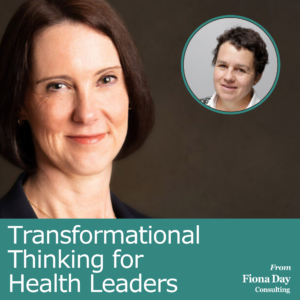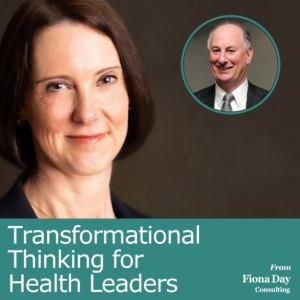There are a range of cognitive conditions which affect people’s ability to function and flourish in the workplace which reflect differences in our brain structures.
These conditions exist on a spectrum across the whole population and include conditions such as:
- dyslexia
- dyspraxia
- autistic spectrum
- ADHD.
In high performing doctors and professionals, strategies and workarounds may have already been developed which mean that the individual has been able to adapt and function effectively during their childhood and early adulthood, however sometimes problems can start to emerge in midcareer in the workplace. These may manifest as behavioural or educational problems, such as difficult relationships with patients or colleagues, or difficulty with specific tasks or educational goals. Inconsistent performance may be misinterpreted and individuals may be subject to discrimination in the workplace. Their neurodiversity condition may frequently be undiagnosed, due to fear of stigma or lack of awareness in self or others, or sometimes their condition may emerge following an acquired brain injury.
Disability legislation in the UK through the Equality Act (2010) places a duty on employers to ensure reasonable adjustments are made where an individual is likely to have a condition covered by legislation. In addition to the employer’s reasonable adjustments, one-to-one Professional Development coaching from an external coach is widely recognised as a key intervention to help the individual.
Working with an experienced coach will help the individual to focus on developing and making the most of their strengths, to experiment with different strategies to overcome workplace difficulties, to help to build relationships, to assist with career counselling and career planning, and stress management techniques.
Neurodiversity conditions are common in the workplace, however many people with a significant neurodiversity condition find it difficult to achieve or maintain employment.
Careers for Professionals with Asperger Syndrome and high functioning Autistic Spectrum Disorder (ASD)
There is some evidence that professionals with high functioning autism are more likely to work in STEM fields (science, technology, engineering and medicine), with Silicon Valley having proactive recruitment policies to seek out neurodiverse professionals in order to develop and use people’s neurodiversity strengths to best effect.
Careers for Doctors with Asperger syndrome and Doctors with high functioning ASD
The prevalence of doctors with high functioning Asperger Syndrome and high functioning autism is not yet fully understood due to high rates of underdiagnosis, but anecdotal evidence suggests that some medical careers are more likely to attract people with this neurodiversity condition. Common problems for doctors with autistic spectrum disorder are: relationships with colleagues and management, relationships with patients, idiosyncratic practice, and other comorbid conditions.
Career Coaching for Professionals with Neurodiversity Conditions
Career coaching for Professional Development can make a big difference to supporting a professional or a doctor to maintain their employment. I have a particular interest in supporting professionals with neurodiversity concerns in the workplace, drawing on my experience of diagnosing children with neurodiversity conditions, working in adult brain injury rehabilitation, as well as coaching and mentoring professionals and doctors experiencing difficulty in their careers due to a neurodiversity condition.
Dr Fiona Day is the world’s only Leadership Coach with advanced coaching psychology, medical and public health qualifications (MBChB, FFPH, BPS Chartered Psychologist in Coaching Psychology, EMCC Master Practitioner Coach & Mentor) and is in a unique position to help you and your teams to flourish. Fiona specialises in coaching medical and public health leaders, is a coach Supervisor, and an EQA Foundation Award Holder. Get 3 hours of FREE CPD with Fiona’s Health Career Success Programme here. Book a free confidential 30 minute Consultation with Fiona here.









